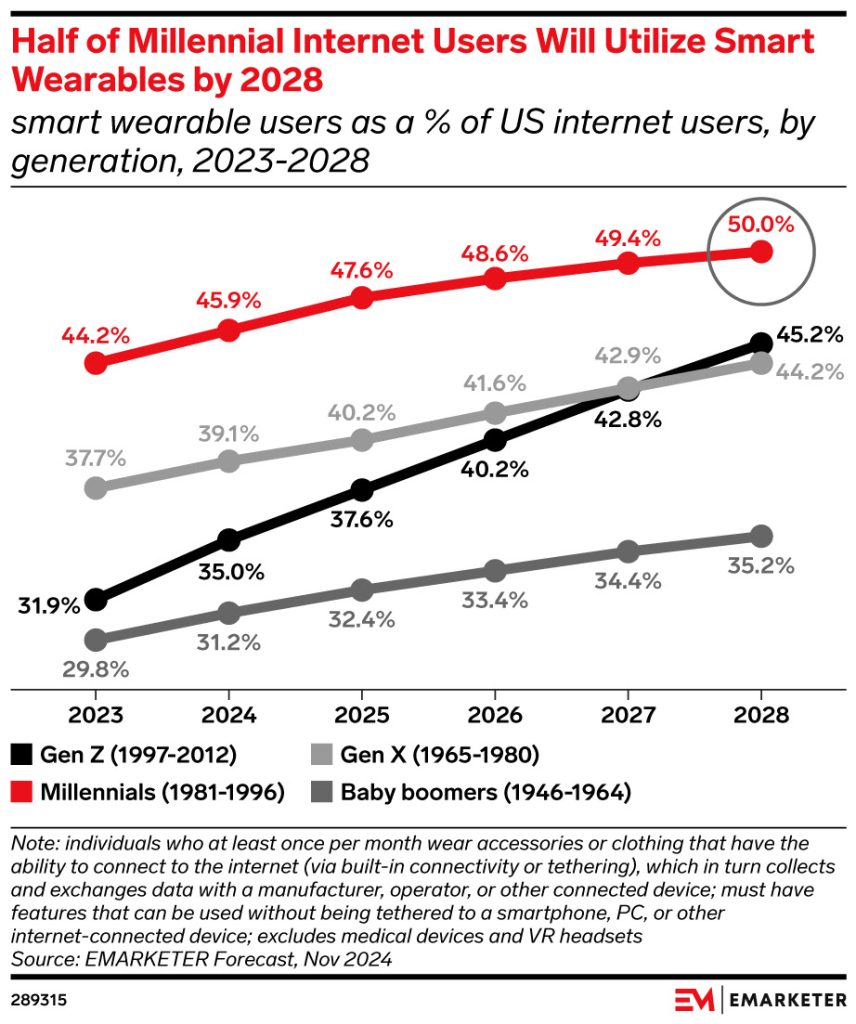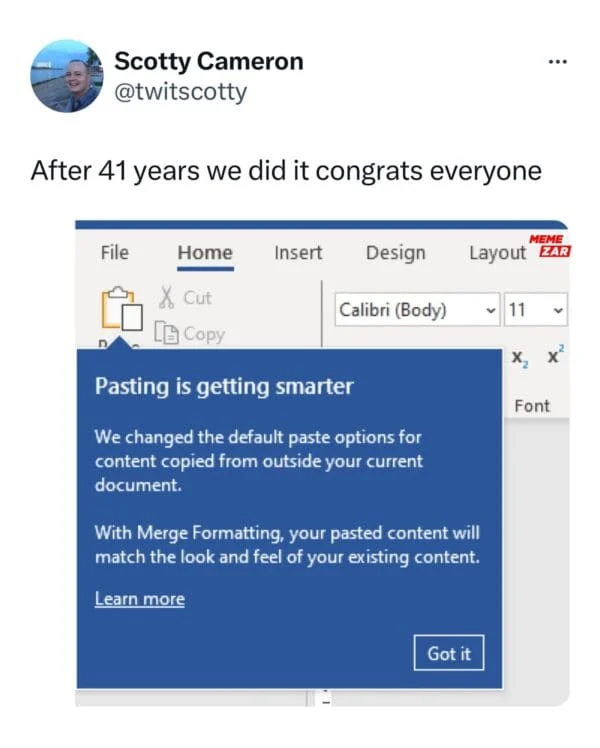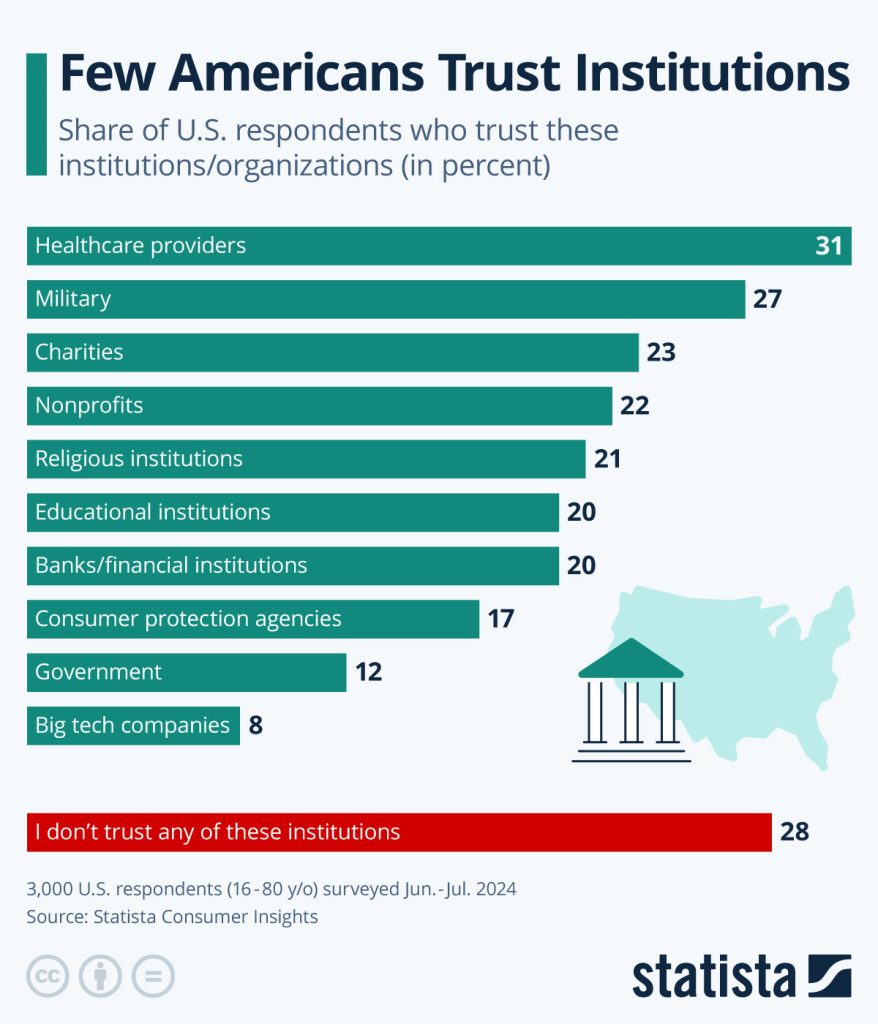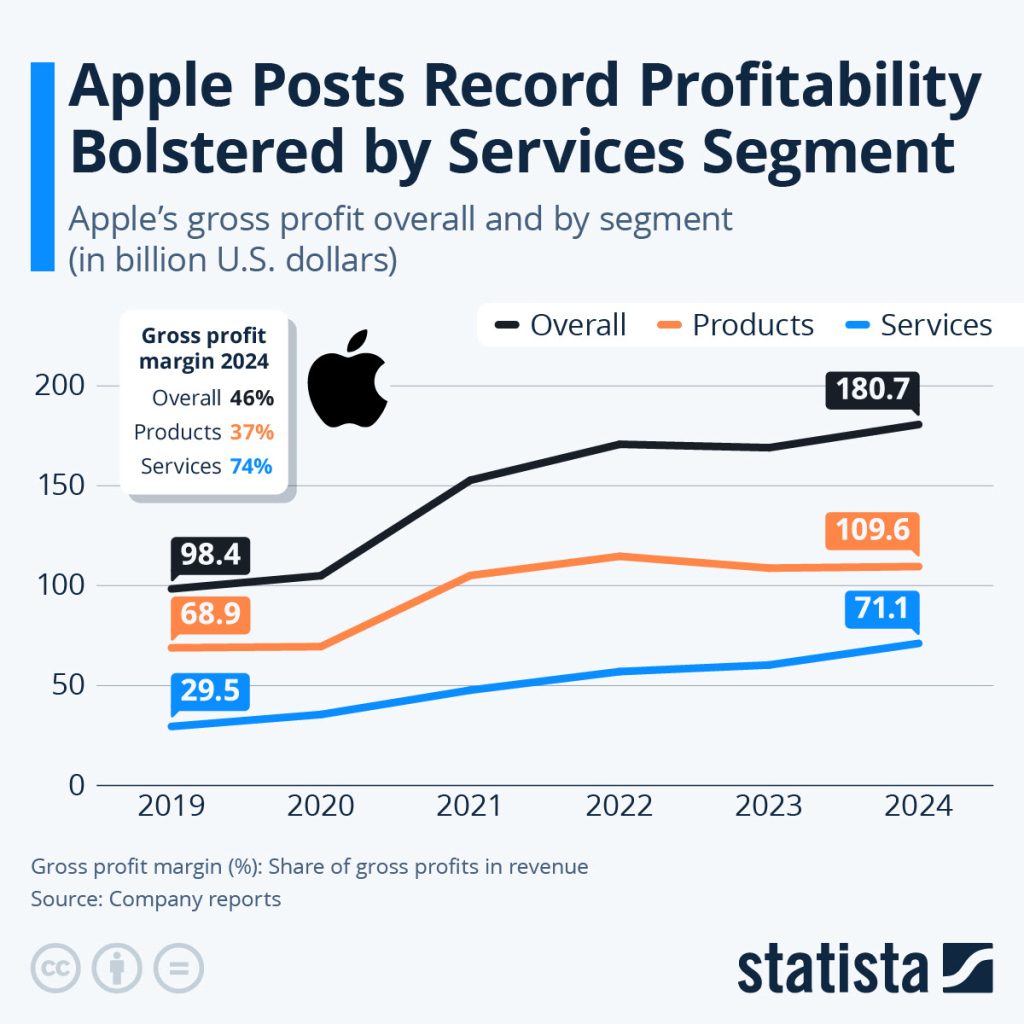Good Monday Morning
It’s March 10th, Harriet Tubman Day, and while she won’t be on the $20 bill until at least 2030, the U.S. Mint has commemorative coins that honor her with hefty surcharges going to two charities in her name.
Today’s Spotlight is 1,147 words, about 4 minutes to read.
3 Headlines to Know
DHS to Spend 200M on Immigration Ads, including Digital
Homeland Secretary Kristi Noem is seen in the first ad in the series telling migrants in the audience “we will hunt you down.” See it here.
Rose Bringing Back Digg
Digg co-founder Kevin Rose plans to relaunch Digg and has partnered with Reddit co-founder and one time foe, Alexis Ohanian. During its heyday 17 years ago, Digg received 236 million visitors each year.
Google Testing AI-Only Search Results
Google will begin testing search results that purportedly respond to a user’s search query in a conversational way instead of showing links. For years, we’ve warned that search must be supplemented by other programs. The test, happening with paid Google AI subscribers, will help us understand how soon the future of Google finally harnessing the world’s information for itself comes true.
We Don’t Really Trust Government or Tech
By The Numbers

George’s Data Take
This is less about the devices and much more about what info that 30%-50% of Americans will view on them. Every organization will clamor to be on a device a person wears. The Big Tech firms will win, and how your organization is viewed by those companies will be a substantial part of your success next decade.
McDonalds Tries Again
Running Your Business
McDonald’s will outfit 43,000 restaurants with Google AI edge systems that will monitor equipment, automate supply ordering, and verify those orders.
Behind The Story
This is a huge move for McDonald’s which abandoned its partnership with IBM last year that assisted with customer order taking. Their smart takeaway is to roll out the automation to internal operations before allowing AI to become customer facing.
Mass Surveillance Isn’t Just For Criminals – How Police Access Your Data

Image by Ideogram, prompted by George Bounacos
This is week two of our annual look at how law enforcement uses technology. Week one was “How Police Access Your Data”
The Issue Remains The Same
Facial recognition is a fantastic tool that may not be ready for use when it is the sole determinant over who is arrested and placed inside a jail cell. Earlier this year, The Washington Post reported that there had been 8 people wrongfully arrested in the U.S. on the sole basis of a facial recognition match.
That doesn’t sound like a lot–unless you’re one of the eight.
What is Supposed to Happen
Law enforcement officers are typically only permitted to use facial recognition in conjunction with other methods. Some systems aren’t even allowed to be used for police work. Last year, Microsoft banned police from using its enterprise-level AI tools for facial recognition.
The misuse continues
We tell this type of story every year, but this year’s victim is LaDonna Crutchfield, who was at home with her children when police arrested her for attempted murder. Detroit police denied they had used facial recognition to arrest Crutchfield. They even had a different name and knew that she was five inches shorter and younger than the shooter that they were looking for.
NBC quoted a detective who allegedly showed her a picture and said, “You got to admit it looks like you.”
The Problem Is Big
The Post received data from police in 15 states that showed the use of facial recognition more than 1,000 times over the past four years. And the paper’s investigation confirmed that police officers are not required to disclose their use of facial recognition in reports and are often under department instructions not to do so.
Misuse isn’t limited to American law enforcement. A report about UK policing discovered that images of people who faced no action or were acquitted were being stored in a database despite a 12-year-old court order prohibiting their retention.
Here in the U.S., the Electronic Frontier Foundation and others continue to lobby for more restrictive use of facial recognition during police work to little effect.
Late last week, Axios broke the story that the State Department is launching a program called Catch and Revoke that will use AI to scan the records of tens of thousands of foreign student visa holders. In addition to checking social media, the federal government will use AI to scan protests using facial recognition and deport individuals who were present.
Google Sheets AI Catches Up To Excel
Practical AI
All Google Workspace customers now have free access to Google Gemini inside spreadsheets. The company says its AI can help you analyze and develop visualizations. Remember that you’re the product if you’re not paying for it so check with your boss to see if you should use it.
Consider a Virtual Burner Phone
Protip
I began using a virtual phone number years ago and highly recommend that you do. The WSJ takes you through setting one up either free through Google or at $10 per month via the Burner app.
Trump Supporters List Inaccurate
Debunking Junk
A list of 119 household brand names of companies purportedly financing Donald Trump’s election and other endeavors is making the rounds on social media, but has a lot of inaccuracies, including companies that are closed and others who donated to both parties. Snopes takes its shot at figuring out who gave what in this piece.
We Love LA Gets Updated
Screening Room
Thousands of Cat Robot Servers
Science Fiction World
Give a hearty meow to your server if you’re in one of the more than 2,000 restaurants owned by Japan’s Skylark Holdings. Fighting a labor shortage and rising costs, the company has deployed 4,000 cat-faced robots that can carry heavy plates and don’t have scheduling problems. Bloomberg estimates that the move is saving the company more than $30 million per year.
AI Correcting Old Research
Tech For Good
The Black Spatula Project was inspired by a study last year that incorrectly said black plastics used in cooking were more toxic. They’ve analyzed 500 academic papers and found errors in many. Another project, YesNoError, says it has analyzed 37,000 papers and also found many flaws.
Lunar Eclipse on Thursday Night
Coffee Break
The Blood Moon returns for the first time in almost three years and will be visible on the US East Coast starting around midnight on Thursday. Here’s what you need to know.
Sign of the Times






